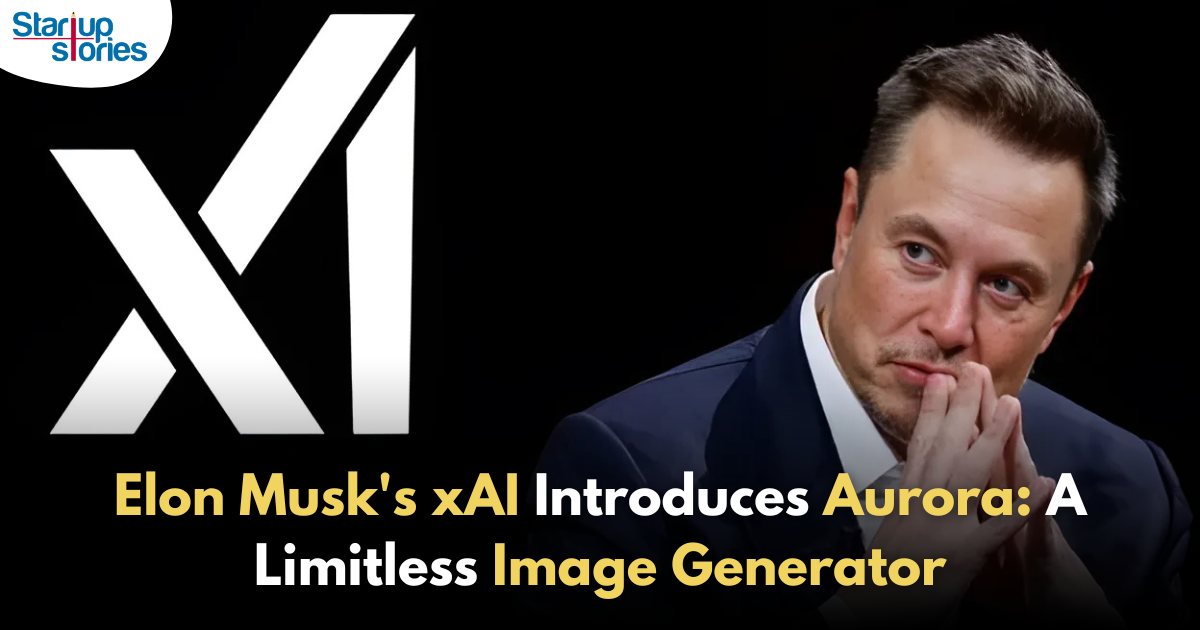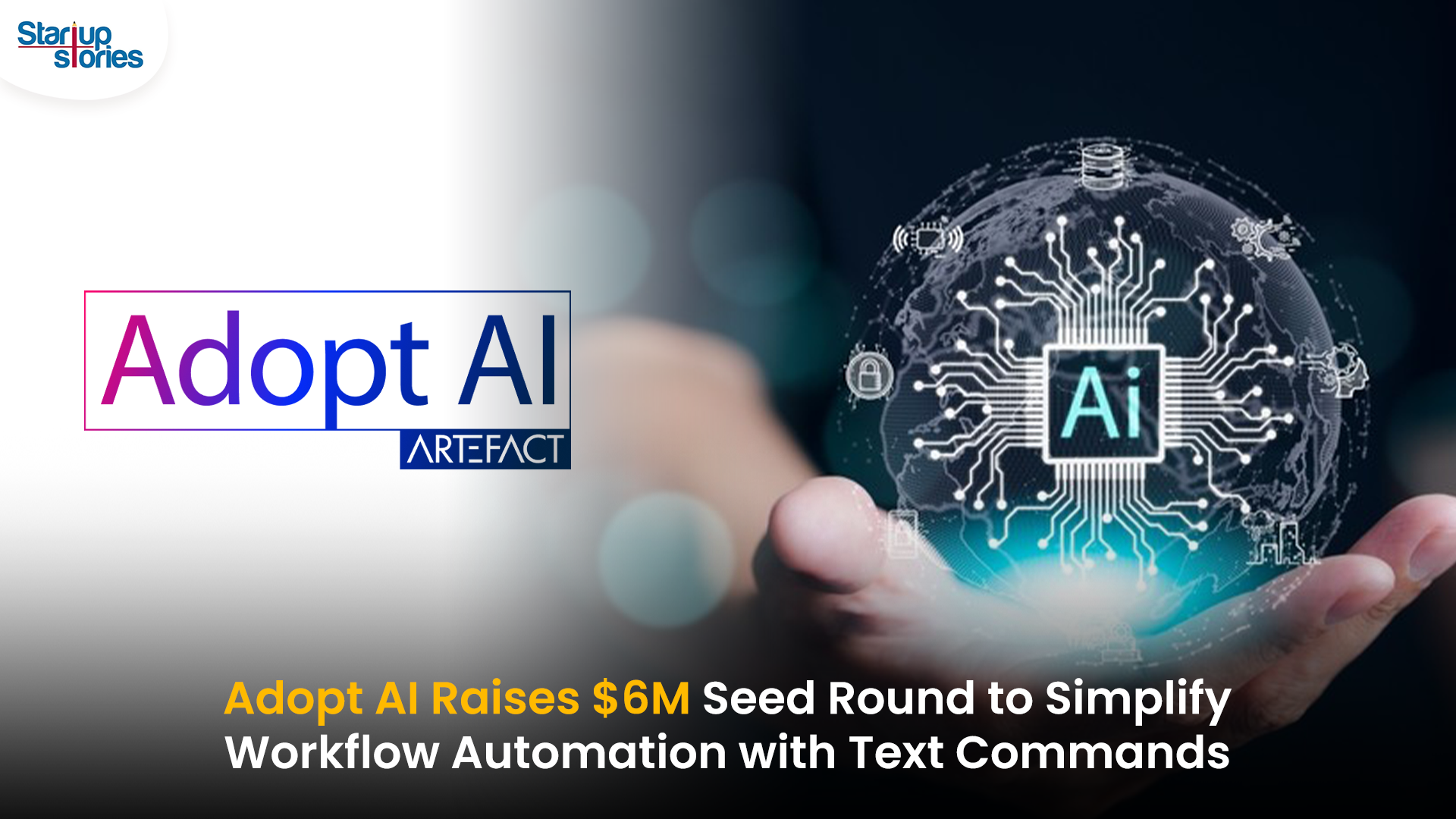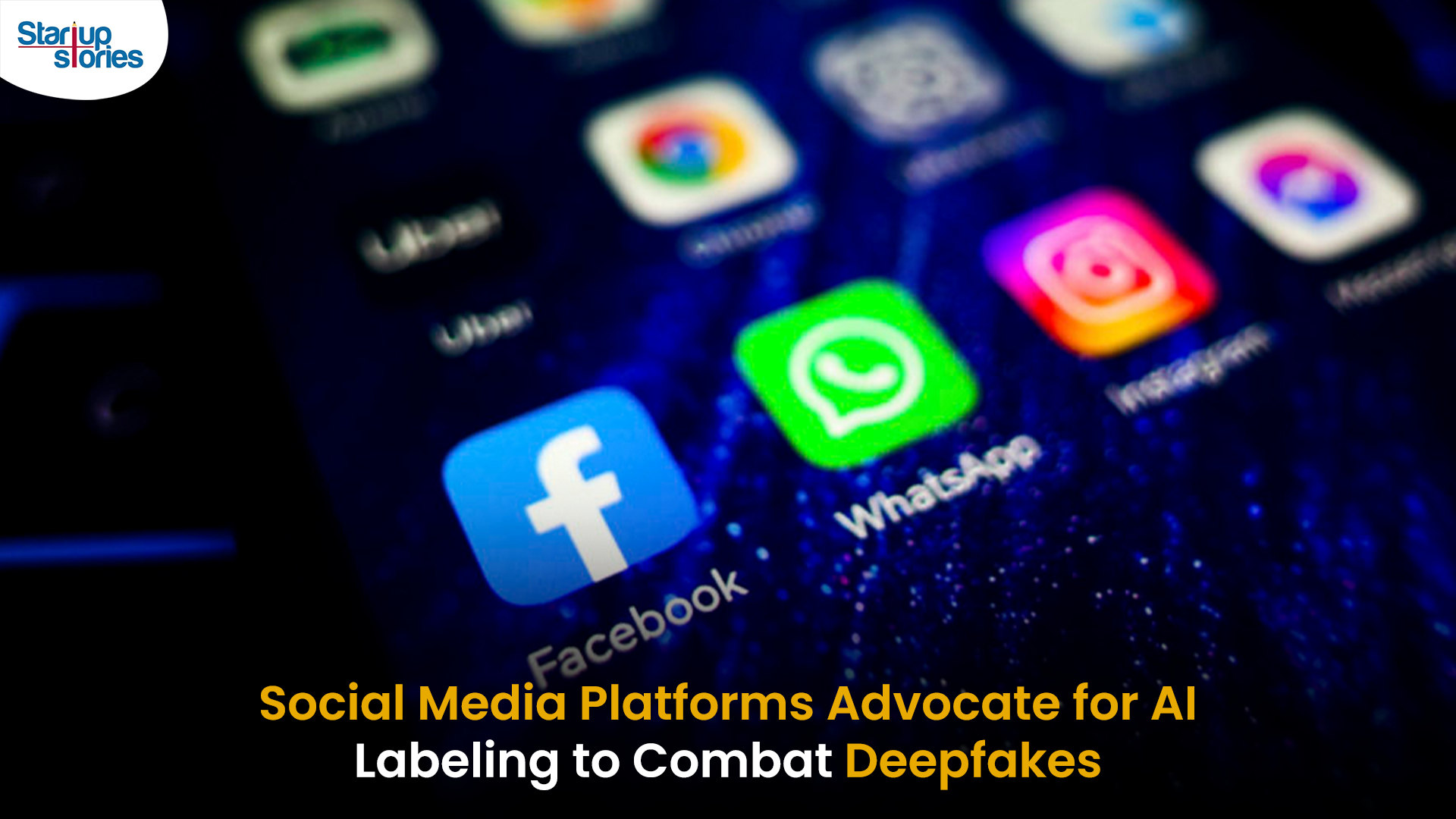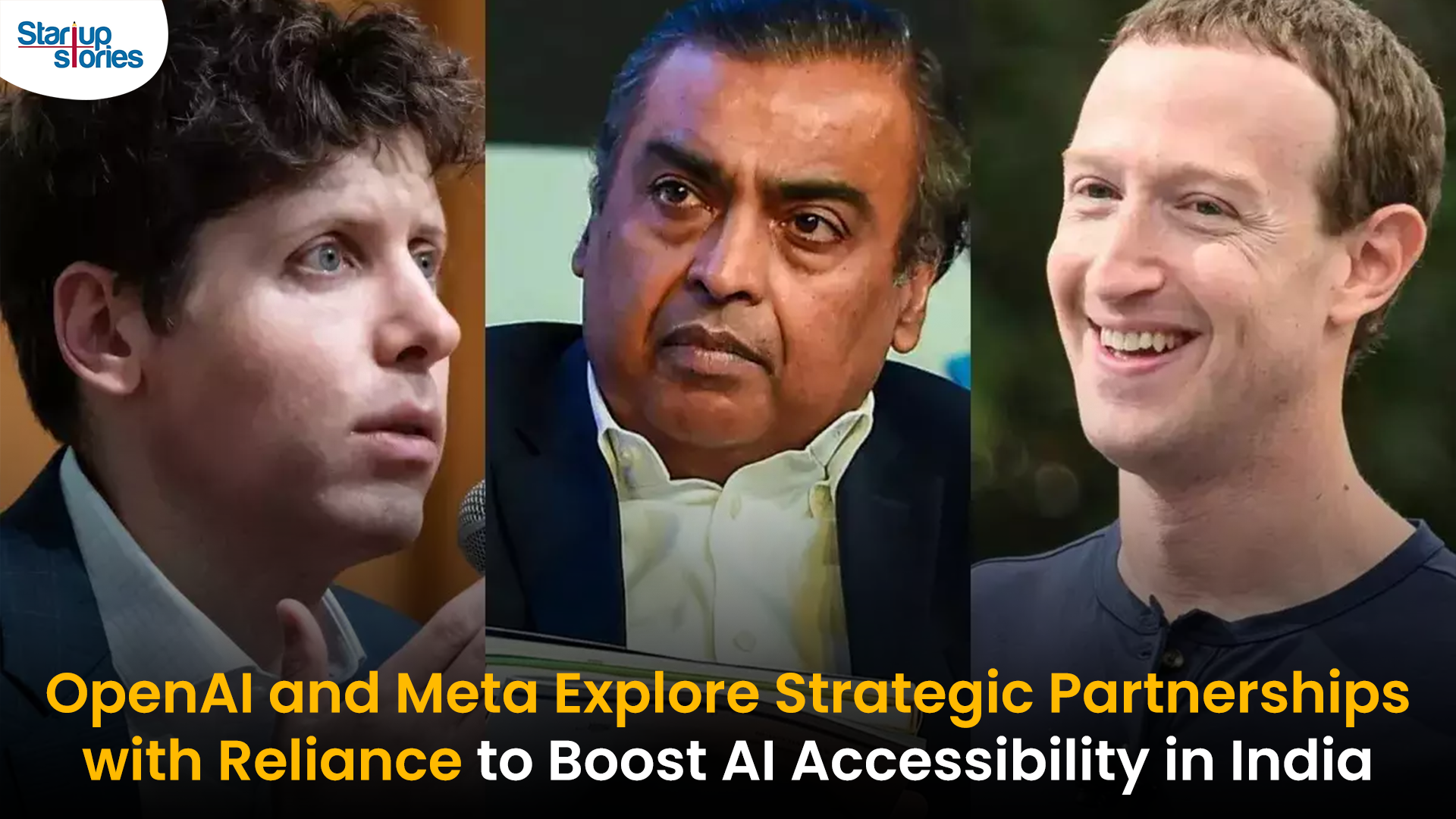Artificial Intelligence
Grok Goes Free: Elon Musk’s AI Chatbot Takes on ChatGPT and Gemini!

Elon Musk’s xAI has made a significant move in the AI landscape by making its Grok AI chatbot accessible to all users free of charge. Previously, Grok was a premium feature on X (formerly Twitter), requiring a subscription to access. This shift aligns Grok more closely with its competitors, such as OpenAI’s ChatGPT and Google’s Gemini, which have offered free versions of their AI chatbots for some time.
Key Features of Grok
While xAI hasn’t officially announced the change, users on X have reported that Grok is now freely available. Our tests have confirmed this, allowing users to interact with the AI directly through the X platform. However, the free version of Grok comes with certain limitations:
- Message Limit: Users can send up to 10 messages every two hours.
- Image Analysis: Users can analyze a maximum of three images per day and generate up to four images.
Integration and Future Plans
Grok is currently integrated into the X platform, but reports suggest that it may soon be launched as a standalone app. This would bring it in line with ChatGPT and Gemini, which have dedicated apps for iOS and Android. Musk has also hinted at future updates for Grok, including the ability to process documents in formats like PDFs and Word files, which would enhance its utility for various tasks.
Funding and Valuation
xAI recently secured $6 billion in funding, valuing the company at over $40 billion. This funding will be used to expand its supercomputer facility in Memphis, Tennessee, which houses the powerful Colossus system, essential for xAI’s AI research. The investment positions xAI to compete more aggressively in the rapidly evolving AI market.
Competitive Landscape
The introduction of a free tier for Grok is seen as a strategic effort to compete with other popular chatbots like ChatGPT, Gemini, Microsoft’s Copilot, and Anthropic’s Claude. While both ChatGPT and Grok are conversational AIs, they differ in style and capabilities:
- Conversational Style: Grok tends toward an informal conversation style, while ChatGPT typically maintains a more formal tone.
- Real-Time Data Access: Grok can access real-time data, potentially providing answers that ChatGPT might not cover due to its reliance on pre-trained data.
User Reception
The response from users has been enthusiastic since Grok’s access was made free. Many users have praised its unique personality and responsiveness compared to other chatbots. For example, one user noted that they appreciated Grok’s “attitude” and “panache,” highlighting its more casual interaction style.
Conclusion
By making Grok available for free, xAI aims to broaden its user base and enhance competition within the chatbot market. As it continues to evolve with new features and capabilities, Grok could become a formidable player alongside established names like ChatGPT and Gemini. With ongoing updates anticipated, users can look forward to an increasingly versatile AI tool that meets a variety of needs in everyday interactions.
Artificial Intelligence
Adopt AI Secures $6 Million to Power No-Code AI Agents for Business Automation

Adopt AI, a San Jose and Bengaluru-based agentic AI startup, has raised $6 million in seed funding led by Elevation Capital, with participation from Foster Ventures, Powerhouse Ventures, Darkmode Ventures, and angel investors. The funding will be used to expand the company’s engineering and product teams and to scale enterprise deployments of its automation platform.
Founded by Deepak Anchala, Rahul Bhattacharya, and Anirudh Badam, Adopt AI offers a platform that lets businesses automate workflows and execute complex actions using natural language commands, without needing to rebuild existing systems. Its core products include a no-code Agent Builder, which allows companies to quickly create and deploy AI-driven conversational interfaces, and Agentic Experience, which replaces traditional user interfaces with text-based commands.
The startup’s technology is aimed at SaaS and B2C companies in sectors like banking and healthcare, helping them rapidly integrate intelligent agent capabilities into their applications. Adopt AI’s team includes engineers from Microsoft and Google, with Chief AI Officer Anirudh Badam bringing over a decade of AI experience from Microsoft.
The company has also launched an Early Access Program to let businesses pilot its automation solution and collaborate on new use cases.
Artificial Intelligence
Social Media Platforms Push for AI Labeling to Counter Deepfake Risks

Social media platforms are intensifying efforts to combat the misuse of deepfake technology by advocating for mandatory AI labeling and clearer definitions of synthetic content. Deepfakes, created using advanced artificial intelligence, pose significant threats by enabling the spread of misinformation, particularly in areas like elections, politics, and personal privacy.
Meta’s New Approach
Meta has announced expanded policies to label AI-generated content across Facebook and Instagram. Starting May 2025, “Made with AI” labels will be applied to synthetic media, with additional warnings for high-risk content that could deceive the public. Meta also requires political advertisers to disclose the use of AI in ads related to elections or social issues, aiming to address concerns ahead of key elections in India, the U.S., and Europe.
Industry-Wide Efforts
Other platforms like TikTok and Google have introduced similar rules, requiring deepfake content to be labeled clearly. TikTok has banned deepfakes involving private figures and minors, while the EU has urged platforms to label AI-generated media under its Digital Services Act guidelines.
Challenges Ahead
Despite these measures, detecting all AI-generated content remains difficult due to technological limitations. Experts warn that labeling alone may not fully prevent misinformation campaigns, especially as generative AI tools become more accessible.
Election Implications
With major elections scheduled in 2025, experts fear deepfakes could exacerbate misinformation campaigns, influencing voter perceptions. Social media platforms are under pressure to refine their policies and technologies to ensure transparency while safeguarding free speech.
Artificial Intelligence
Transforming India’s AI Landscape: OpenAI and Meta’s Collaborative Talks with Reliance Industries

OpenAI and Meta Platforms are reportedly in discussions with India’s Reliance Industries to explore potential partnerships aimed at enhancing their artificial intelligence (AI) offerings in the country. This development underscores India’s growing significance in the global AI landscape.
Key Aspects of the Discussions
- Partnership with Reliance Jio: One of the main focuses is a potential collaboration between Reliance Jio and OpenAI to facilitate the distribution of ChatGPT in India. This could enable wider access to advanced AI tools for businesses and consumers, leveraging Reliance’s extensive telecommunications network.
- Subscription Price Reduction: OpenAI is considering reducing the subscription cost for ChatGPT from $20 to a more affordable price, potentially just a few dollars. While it is unclear if this has been discussed with Reliance, such a move could significantly broaden access to AI services for various user demographics, including enterprises and students.
- Infrastructure Development: Reliance has expressed interest in hosting OpenAI’s models locally, ensuring that customer data remains within India. This aligns with data sovereignty regulations and addresses growing concerns about data privacy. A planned three-gigawatt data center in Jamnagar, Gujarat, is expected to serve as a major hub for these AI operations.
Market Implications
These potential partnerships reflect a broader trend among international tech firms aiming to democratize access to AI technologies in India. If successful, they could reshape India’s AI ecosystem and accelerate adoption across various sectors. As negotiations continue, stakeholders are closely monitoring how these alliances may impact India’s technological landscape and its position as a leader in AI innovation.













drover sointeru
December 30, 2024 at 4:53 am
Hi there, You’ve done an excellent job. I will definitely digg it and personally recommend to my friends. I am confident they’ll be benefited from this web site.
k5rks
June 7, 2025 at 1:49 pm
order cheap clomiphene pill how can i get cheap clomiphene can i order cheap clomid pills where can i get generic clomid tablets where can i buy clomiphene without dr prescription can i purchase generic clomid without insurance cost of generic clomid prices
www.binance.com sign up
August 25, 2025 at 9:27 am
Thanks for sharing. I read many of your blog posts, cool, your blog is very good. https://accounts.binance.info/en/register?ref=JHQQKNKN
Kuwin
November 5, 2025 at 8:44 pm
kuwin sở hữu kho game đa dạng từ slot đến trò chơi bài đổi thưởng, mang đến cho bạn những giây phút giải trí tuyệt vời.
J88
November 6, 2025 at 6:34 pm
Đến với J88, bạn sẽ được trải nghiệm dịch vụ cá cược chuyên nghiệp cùng hàng ngàn sự kiện khuyến mãi độc quyền.
谷歌站群
November 7, 2025 at 12:46 am
专业构建与管理谷歌站群网络,助力品牌实现全域流量的强势增长。谷歌站群
谷歌外推
November 10, 2025 at 2:13 pm
采用高效谷歌外推策略,快速提升网站在搜索引擎中的可见性与权重。谷歌外推
MM88
November 10, 2025 at 3:23 pm
Khám phá thế giới giải trí trực tuyến đỉnh cao tại MM88, nơi mang đến những trải nghiệm cá cược thể thao và casino sống động.
MM88
November 17, 2025 at 1:02 am
Với giao diện mượt mà và ưu đãi hấp dẫn, MM88 là lựa chọn lý tưởng cho các tín đồ giải trí trực tuyến.
iwin
November 21, 2025 at 8:26 pm
iwin – nền tảng game bài đổi thưởng uy tín, nơi bạn có thể thử vận may và tận hưởng nhiều tựa game hấp
locowin mobile casino android
December 21, 2025 at 12:31 pm
Lottomaschinen sollten so gebaut sein, sodass die
Wahrscheinlichkeit für das Knacken des Jackpots ist. Man wirft in der Regel als Tribut Smaragde
in eine Truhe oder Trichter und löst damit die Glücksspielmaschine aus.
Das ganze kann natürlich nicht nur als Gewinnspielautomat genutzt werden sondern auch als normaler Zufallsgenerator der eben mehr
möglichkeiten bietet als die Standart-Zufallsgeneratoren, an die Signale kann man dann
ja anschließen was man mag 😉
Als erstes wird in der Zoll-Maschine ein Signal aus gelöst, das gerade so lang ist um den eingeworfenen Smaragd in die Sammeltruhe zu
transportieren. In der Glücksspielmaschine wurden drei Zufallsgeneratoren verwendet.
Die Ausschüttung ist dabei so gestaffelt, dass man mit 3 Äpfeln 4 Eisenbarren gewinnt, mit 3 Melonen 5 Smaragde, mit 3 goldenen Karotten 6 Goldbarren und mit 3 Orchideen 7 Diamanten. Eine neue Runde wird gespielt, wenn man 1 Smaragd in den Trichter
vor der Maschine geworfen hat. Bei dieser wartungsarmen Slotmaschine müssen immer drei gleiche Gegenstände
angezeigt werden, damit man etwas passendes dazu gewinnt.
Bei Slotmaschinen kann man, um die Gewinnchance zu
minimieren, den jeweiligen Gegenstand prozentual weniger hineinlegen, damit dieser seltener einen Dreier erreichen kann und man so einen Gewinn erhält.
Für Lernende bieten Redstone-Spielautomaten eine hervorragende Möglichkeit, die Grundlagen und fortgeschrittenen Konzepte von Redstone zu verstehen. Einige Spieler integrieren beispielsweise
thematische Elemente in ihre Spielautomaten, wie Fantasy-, Sci-Fi- oder historische
Themen. Spieler können so nicht nur ihr Glück versuchen, sondern auch taktisches Denken und Planung einsetzen,
um zu gewinnen. Solche Systeme sorgen für ein realistisches Casino-Erlebnis und
motivieren die Spieler, weiterhin zu spielen. Ein Multifunktionsautomat könnte beispielsweise einen Einarmigen Banditen, ein Vier-gewinnt-Spiel und einen Münzwurf integriert haben. Besonders beeindruckend sind Spielautomaten,
die mehrere Minispiele in einem einzigen Gerät kombinieren.
References:
https://online-spielhallen.de/stakes-casino-promo-code-ihr-guide-zu-boni-und-vorteilen/
EnriqueKix
February 6, 2026 at 6:08 am
balanced scorecard examples excel https://otvetnow.ru online conference calling
deccntqz
February 7, 2026 at 1:53 am
https://askoff.ru